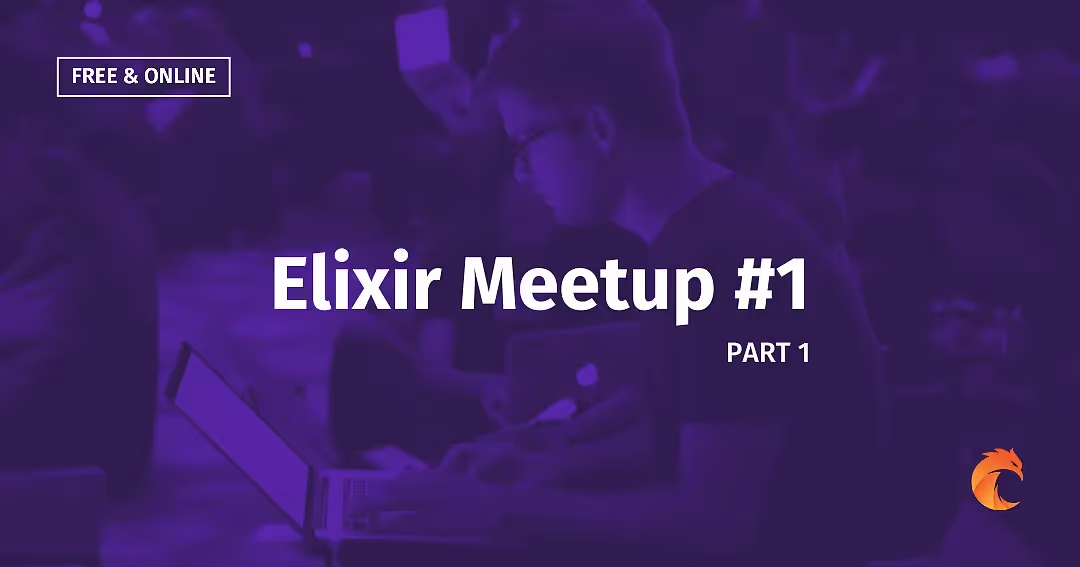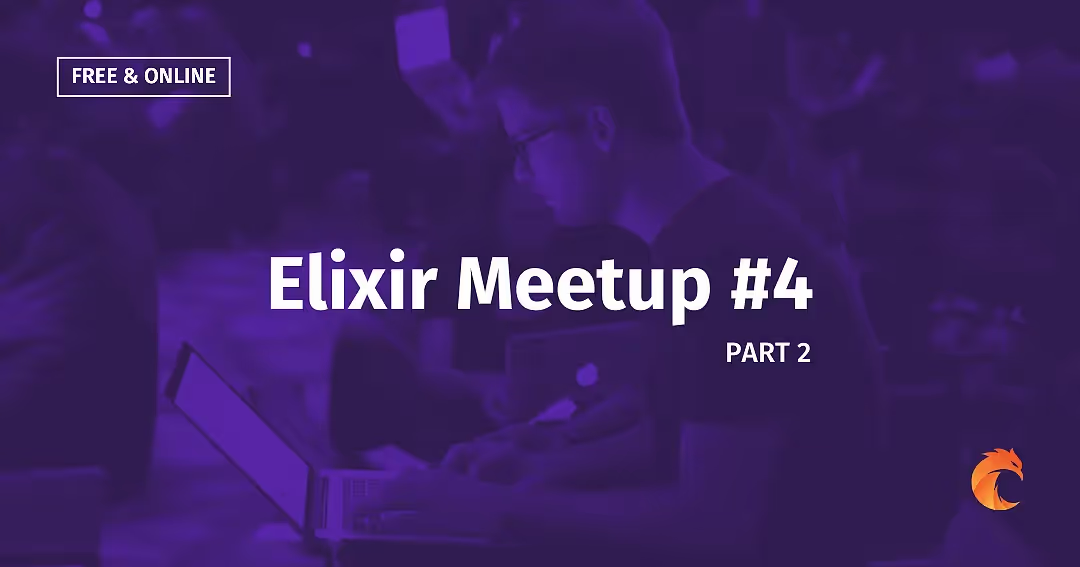Introducing Permit: An Authorization Library for Elixir - Michał Buszkiewicz - Elixir Meetup #8


A new authorization library for Elixir designed to simplify and unify authorization processes. In this session, Michał shared the progress made on Permit, detailed its current status, and discussed future plans for the library.
About Michał Buszkiewicz
Michał Buszkiewicz is an expert in Elixir and the Phoenix Framework with a background in Ruby on Rails. As the co-founder and CEO of Curiosum, Michał is passionate about developing efficient solutions and training junior Elixir developers.
The Need for Permit
Why Create a New Authorization Library?
Michał began by explaining the motivation behind creating Permit. He highlighted the limitations of existing authorization solutions in the Elixir ecosystem and the need for a more flexible and powerful library.
Key Points:
- Limitations of Existing Solutions: Current libraries are not flexible enough for advanced authorization needs.
- Inspired by CanCan: Permit aims to bring the ease of use and power of CanCan (a popular Ruby authorization library) to Elixir.
Features of Permit
Attribute-Based Access Control (ABAC)
Permit is built on the ABAC model, allowing for more granular and flexible authorization rules. This model enables reasoning about any attributes of the subject (user) and the resource (object) being authorized.
Key Features:
- Granular Authorization: Define rules based on various attributes.
- Flexibility: Easily implement different authorization models, such as role-based access control (RBAC) and mandatory access control (MAC).
Current Status and Implementation
Public Repository and Documentation
Michał announced that Permit now has a public repository on GitHub and is published on Hex. Although the documentation is still limited, it is a priority for future development.
Key Resources:
- GitHub Repository: Access the source code and contribute to development.
- Hex Package: Install Permit via Hex and access initial documentation.
Key Components of Permit
Michał provided an overview of the key components and implementation details of Permit, including the syntax for defining permissions and the process for translating rules into Ecto queries.
Key Components:
- Permission Definitions: Use Elixir's keyword lists to define authorization rules.
- Ecto Integration: Automatically translate rules into Ecto queries for efficient data access.
Practical Examples
Defining Permissions
Michał demonstrated how to define permissions in Permit, using keyword lists to create flexible and powerful authorization rules. He emphasized the importance of defining conditions for users rather than roles.
Building Ecto Queries
Permit can automatically build Ecto queries based on the defined rules, enabling efficient data retrieval and authorization checks.
Future Plans
Enhancements and Integrations
Michał outlined several future plans for Permit, including integrations with other frameworks and potential extensions to support various authorization models.
Future Goals:
- Framework Integrations: Integrate Permit with Absinthe for GraphQL and Commanded for CQRS.
- Authorization Models: Develop reusable mixes or adapters for RBAC, MAC, and other models.
- Static Code Analysis: Implement tools for static code analysis to ensure comprehensive authorization coverage.
Q&A Session Highlights
Community Involvement
Michał encouraged the Elixir community to contribute to Permit and participate in shaping its development. He invited developers to join the public repository and provide feedback.
Key Takeaways:
- Open Source Contribution: Join the GitHub repository and contribute to Permit.
- Community Feedback: Engage with the development process to improve the library.
Ready to deploy your Elixir applications with Kubernetes? Register for the next Elixir Meetup at Curiosum Meetups: Registration Join our community of Elixir enthusiasts at Elixir LinkedIn Group Prefer watching the presentation? Here’s the video
Want to power your product with Elixir? We’ve got you covered.
Related posts
Dive deeper into this topic with these related posts
You might also like
Discover more content from this category
At Elixir Meetup #1, Krzysztof Kempiński discussed the reliability of Elixir and Erlang, emphasizing their robustness and suitability for building dependable applications.
As a software house, Curiosum specializes in Elixir technology. Are you considering the Elixir Developer career? Read an interview with Szymon and learn how to become a successful Senior Elixir Developer. See also why Elixir's language is so likeable
At Elixir Meetup #4, Bartosz Górka delivered an informative session on tracking Elixir apps using Telemetry and Metrics. He shared his insights on implementing Telemetry, capturing meaningful metrics.




